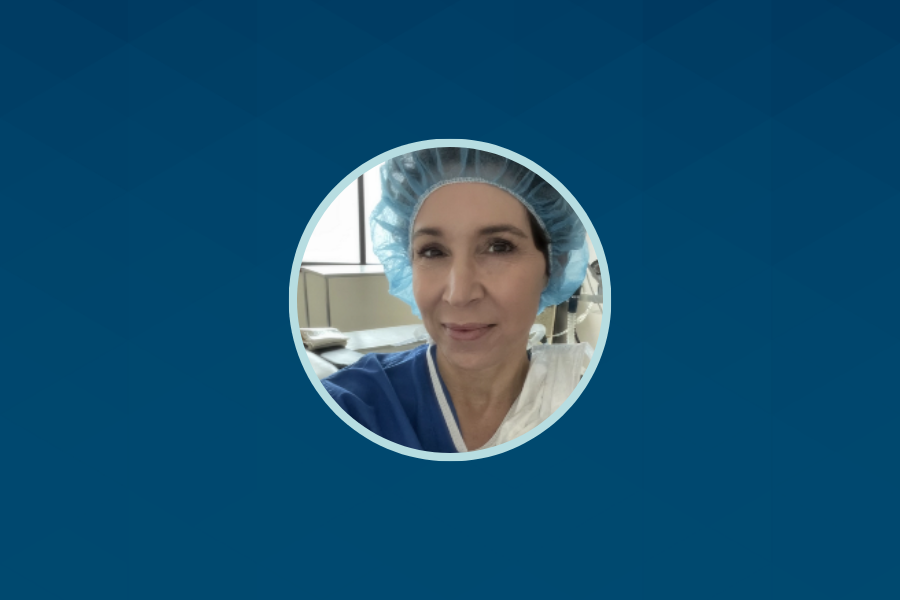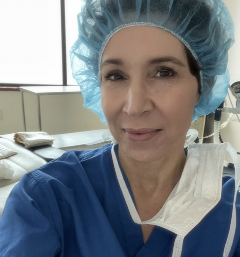
When a patient goes to the dentist, they may have anxiety or fear about their dental procedure. For people with special needs and their families, that anxiety may be even greater. For these patients, having a provider who understands their needs, stays with them throughout the entire procedure, and takes steps to reduce their concerns helps give them a better—and safer—experience in the dentist’s chair. 
Jennifer Tanguay, MSN, CRNA, is a Certified Registered Nurse Anesthetist (CRNA) in Seattle who provides dental anesthesia for special needs patients and people with severe dental anxiety. As experts in anesthesia, CRNAs are advanced practice nurses who provide anesthesia for a variety of procedures in all types of environments, including dentist’s offices, hospital operating rooms, ambulatory surgical centers, the military, doctor’s offices, and more.
CRNAs also have at least one year of critical care nursing experience. Tanguay said her nursing background allows her to connect with patients on a deeper level.
“My nursing background has allowed me to connect with my patients. I have time to talk to the families of special needs patients,” she said. “They can walk back with me into the procedure room with the patient and be there while I get the patient off to sleep. Having that nursing background and having the extra time and being willing to be there for these families is the difference.”
Her skills as a CRNA also ensure her patients’ safety. In some dental offices, a dentist will give anesthesia and perform the procedure at the same time. Sometimes, they’ll have a dental assistant put a patient to sleep. These professionals don’t possess the same skills, training, and knowledge a CRNA does. During the procedure, the CRNA is focused solely on monitoring the patient and ensuring their comfort and safety.
“Hands down, it’s safer having a CRNA. Patients with severe mental disabilities often have comorbidities and difficult airways, and they’re not able to follow instructions. They’ve got a lot going on,” she said.
As a CRNA, Tanguay’s connection with her patients, plus her experience managing difficult airways and patients with comorbidities, makes a huge difference in those patients’ experiences. She’s had repeat patients with special needs who, thanks to their connection with her, aren’t combative anymore and don’t get scared.
She also works with adult patients with PTSD, some of whom have a history of sexual abuse and are terrified of letting anyone touch them or work inside their mouths. This has led them to have severe dental anxiety. By the time some of the patients with PTSD arrive at the dentist’s office, their teeth have rotted from lack of dental care. Tanguay is there to make sure they have a safe, comfortable experience and can receive the care they desperately need.
“It’s like a new life is given to them because they can get a new smile, and they can get their dental work done,” she said. “Taking care of that population is very rewarding.”